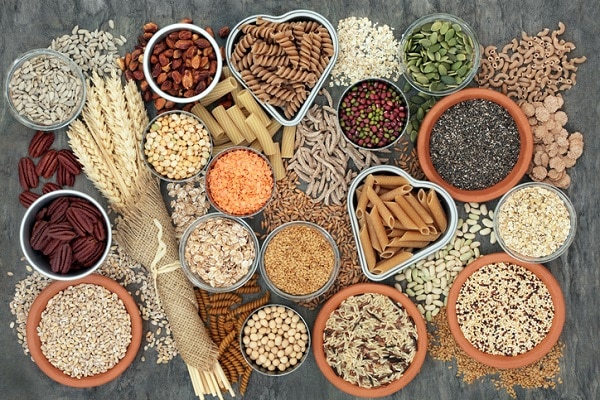
As any record-breaking athlete will tell you, a good diet plan can make the difference between a personal best or a disappointing finish. Nutritionists are essential to the success of sports teams and triathletes.
Training for a triathlon is slightly more complicated because it is a mix of three very different disciplines: swimming, biking, and running. Triathlons can vary in distance from a short quick sprint to a grueling ironman. The recommended nutrition plan will depend on the length of the event as well as the gender, height, and weight of the athlete. Read on to find out how graduates of nutrition and health programs can help triathletes reach the finish line.
Learn About the Importance of Carbohydrates in a Nutrition Diploma Program
If you’re interested in nutrition and health programs, you may already know that three of the most important macronutrients that triathletes need to consume while training are:
- Carbohydrates
- Protein
- Fats
Carbohydrates are one of the only food groups that are used to create anaerobic energy in the lactic acid energy system, and so athletes will need to ensure that they are consuming enough carbohydrates in the weeks leading up to a big race.

Triathletes should make sure to consume enough carbohydrates when training for a race
Some examples of good carbohydrate sources include:
- Sweet potatoes
- Oats
- Wild rice
- Bananas
- Chickpeas
Fluid and Electrolytes
In addition to carbohydrates, triathletes should make sure to consume the right amount of fluids and electrolytes before, during, and after the event. The body is 50 – 75% water,so it’s no surprise that water is essential to overall health and peak performance.
The body loses water as a person sweats. Athletes should make sure to rehydrate as they train,since too much water loss can be dangerous and affect aerobic performance.
As well as water, athletes need electrolytes such as sodium, chloride, and potassium. Athletes can lose between 800 – 4000mg of sodium each hour. Low blood sodium or electrolyte imbalance can lead to hyponatremia—a condition that causes nausea, vomiting, headaches, and confusion.
One of the best ways to get the right amount of electrolytes is through sports drinks and isotonic beverages.

Sports drinks have electrolytes to boost performance
When to Eat on Race Day and Recovery
After graduating from a nutrition diploma program, you should advise aspiring athletes and triathletes to eat a meal 2 to 2.5 hours before a race. This will allow the body enough time to digest but will also ensure that the athlete doesn’t fatigue.
A lot of athletes consume additional carbohydrates throughout the event. This could either be in the form of a gel shot or block, a drink, or a bar. As a professional nutritionist, it’s a good idea to research what food and beverages will be available on the race day. Your client can then train with this so that there are no surprises.

Research what food and drink will be available on race day
Finally, protein is important in aiding muscle recovery post-event. An athlete should make sure to each protein-rich foods within two hours of the race, if possible.
Do you want to find out more about a nutrition diploma in Ontario?
Learn more about the programs available at AAPS!



